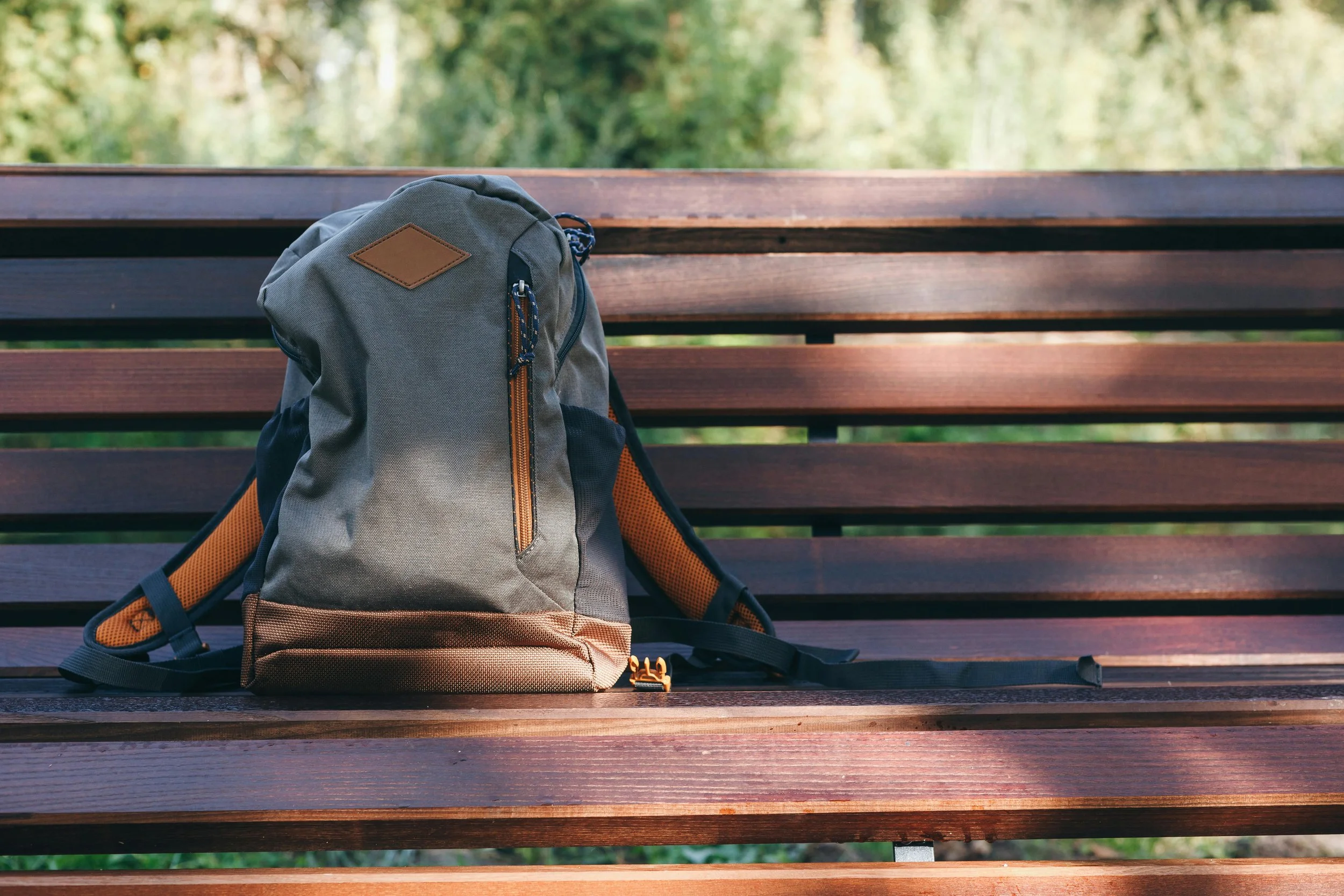Travel Safe
Technology has improved almost every aspect of the travel experience, but it has also posed some new threats to travelers.
How can you keep yourself and your devices safe whilst enjoying your overseas holiday or work trip?
Avoid using public WiFi
While public WiFi networks are convenient for tourists finding their way around a new city, they’re also particularly vulnerable to hacking.
All information on unsecured public WiFi is easily viewed by others using the same network if they know the simple tricks that cyber criminals use to eavesdrop on whatever you do online.
How can you avoid this happening to you?
Instead of relying on public WiFi hotspots, buy a prepaid SIM card from a local mobile phone shop.
They can be inexpensive and include enough data to use your vital apps like maps, messages, banking and booking.
Best yet, you’ll be on a secure network while browsing.
Turn your Bluetooth off
Just like unsecured Wi-Fi networks, Bluetooth connections can provide hackers with a window into your devices.
The greatest risk here is that if you keep your phone’s Bluetooth pairing on, it will always be searching for devices to connect to, which can be exploited by hackers.
How can you avoid this happening to you?
The trick here is simple - turn your Bluetooth off! This is easily done through your phone, laptop or other device settings.
Only share your travel plans with people you know and trust
Making your travel plans public makes you more vulnerable to stalking.
This technique used by hackers, involves building a profile of your personal information with a goal to obtain control of your finances.
If a skilled hacker can see your personal information all from your social media accounts, they might have enough information to obtain control of your bank accounts.
They could then cancel your accommodation booking at your next destination, and have the money refunded to your bank account (which you no longer control).
How can you avoid this happening to you?
Don’t post your travel plans on social media networks. If you do, ensure your privacy settings are set so that only friends and family can see your posts.
Set up a temporary email address to make travel bookings. It’s a good idea to separate your work and personal accounts from what you’ll be using day-to-day to make travel bookings.
Keep your devices safe
When it comes to protecting your devices, you may only think of your phone and laptop.
However, removable media such as USB sticks, SD cards, and cameras can also provide hackers with a way into your sensitive data.
How can you avoid this happening to you?
Keep tabs on all your electronic devices.
Lock up the ones that you don’t need in the hotel safe
Better yet, think twice about whether you need to bring all these devices with you overseas.
Protecting your data from cyber criminals may sound like a complicated task, but with these simple strategies they’ll be left looking for an easier target.
Summary
Avoid using public WiFi networks.
Always have your Bluetooth turned off.
Don’t post your travel plans on social media networks. If you do, ensure your privacy settings are set so that only friends and family can see your posts.
Set up a temporary email address to make travel bookings.
Don’t leave electronic devices unattended; and
Reduce the number of devices you take with you.
Safe and happy travels.
If this topic interested you, check out our security awareness training. We can help you with online training covering security for remote working, staying secure when you travel, and working from overseas.


